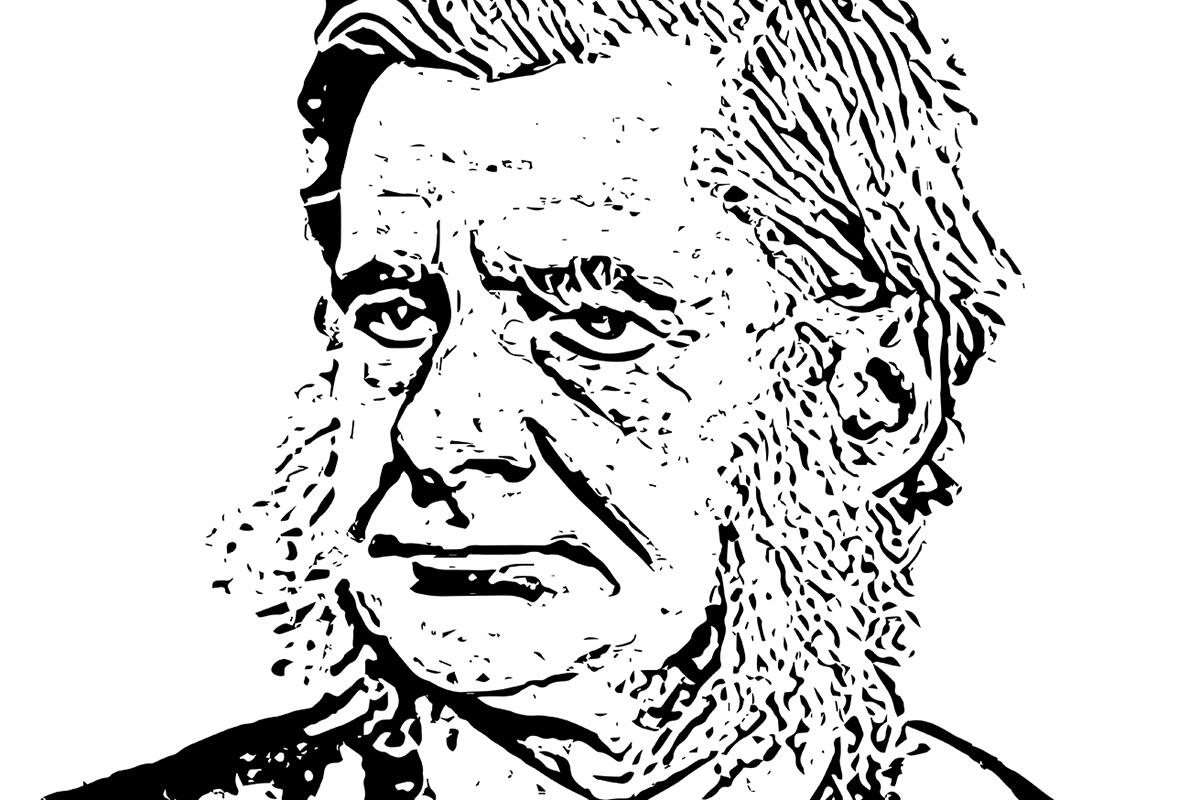
Alison Bashford narrates the fascinating story of 200 years of modern science and culture through the Huxley family history
Review by Jules Stewart
It would be difficult to overstate the debt of gratitude owed to the Huxley dynasty for our knowledge of evolution in all its forms. Alison Bashford narrates the fascinating story of 200 years of modern science and culture through one family history, focusing primarily on the patriarch Thomas Henry Huxley and his grandson, Julian Sorrell. Together, they left a legacy of more than 20 books, some multi-volumed, that helped to redefine science and add immeasurably to the understanding of evolution.
Thomas Henry became an exponent of the theory of evolution expounded by his friend, Charles Darwin, albeit with some reservations. The two men were of disparate social origins, yet they forged a strong intellectual relationship. Huxley eagerly argued the case for evolution by means of natural selection and in doing so became known in scientific circles as ‘Darwin’s bulldog’. Thomas Henry met his future wife, Henrietta Heathorn, when his ship docked in Sydney and the couple eventually had eight children, later becoming grandparents to such celebrated personages as the evolutionary biologist Julian and his brother, the novelist Aldous.
Julian, the youngest of the clan, was a gifted exponent of science. In his view, Darwin’s favoured ‘tree’ image of evolution simply didn’t work for humans. Ultimately, as the author explains, Julian was conceptualising a past that was far more alive than the history of Thomas Henry’s accumulation of evidence regarding homologies, anatomical comparisons and the fragment-by-fragment piecing together of ape-man fossils. ‘Julian was trying to give a modern twist to his grandfather’s question: what exactly distinguished humans from other species and what was man’s place in nature?’ writes Bashford.
Developing a proper understanding of the human species’ place in nature was the great Huxley drive. Julian conceded that humans were indeed a part of nature and that evolution by natural selection was the great and only law in operation across all time and place. However, culture, too, was part of that nature, uniquely developing in humans over evolutionary time.
Bashford says that the Huxley intergenerational shift from nature to culture might be considered through the science of craniology. For Julian, his collection of skull-orbs was his key to the literal nature of humans and to illustrate the point, we see him among the book’s collection of striking images contemplating an African bust in his Hampstead home.




